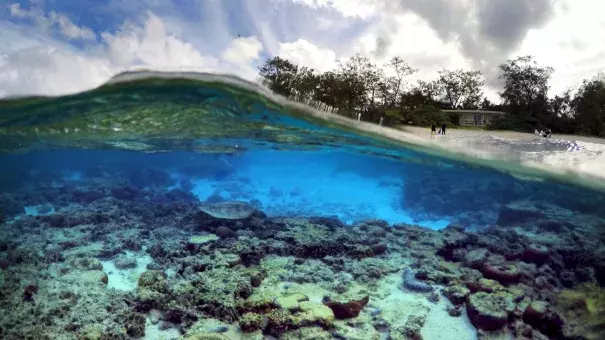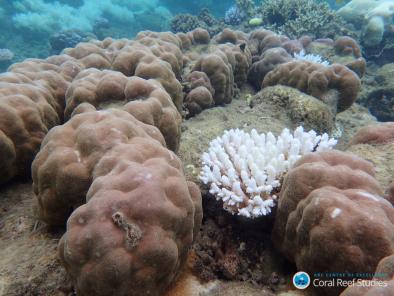In a way, oceans have absorbed all the carbon dioxide produced from burning oil since 1870

If you stare long and hard enough at emissions data, you’ll find many fascinating and important stories. For instance, you likely know that a lot of the carbon dioxide humans emit ends up in the oceans. But do you have any real sense of just how much?
The chart below shows all the sources and sinks of carbon dioxide. For instance, absent any other factors, all the oil burned from 1870 to 2016 added about 70 parts per million (ppm) of carbon dioxide to the atmosphere. During the same time, it turns out, oceans sucked up about 69 ppm of carbon dioxide from the atmosphere.

If I hadn’t looked at that chart, I would never have discovered that, in a way, nearly all the emissions from oil burned since 1870 have ended up in the oceans. That’s remarkable for two reasons. We’ve burned a lot of oil, and thus produced a lot of carbon dioxide. Without the oceans, that carbon dioxide would have otherwise remained in our atmosphere and spent all those years absorbing sun’s heat. On the other hand, it’s still having a large negative impact on the environment: the oceans are acidifying and corals dying.
Related Content



